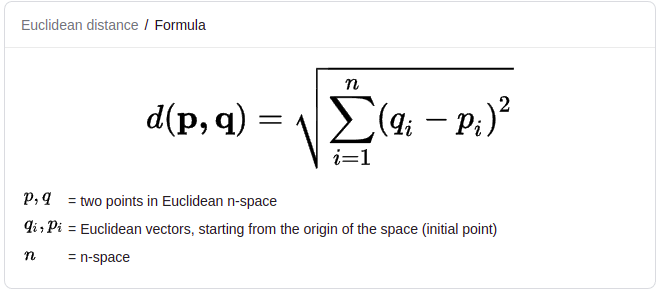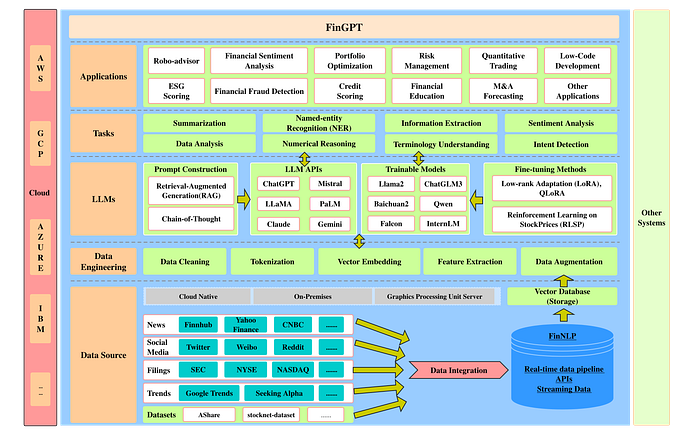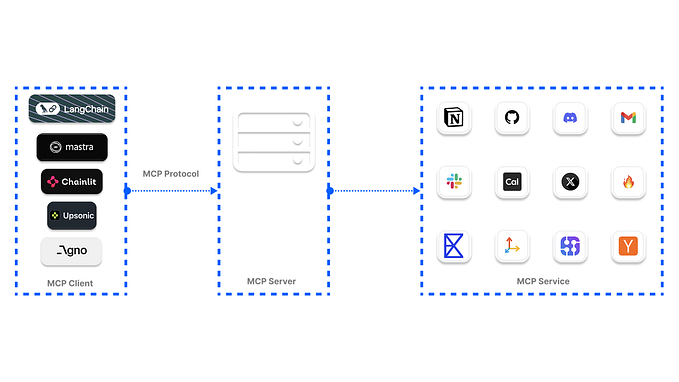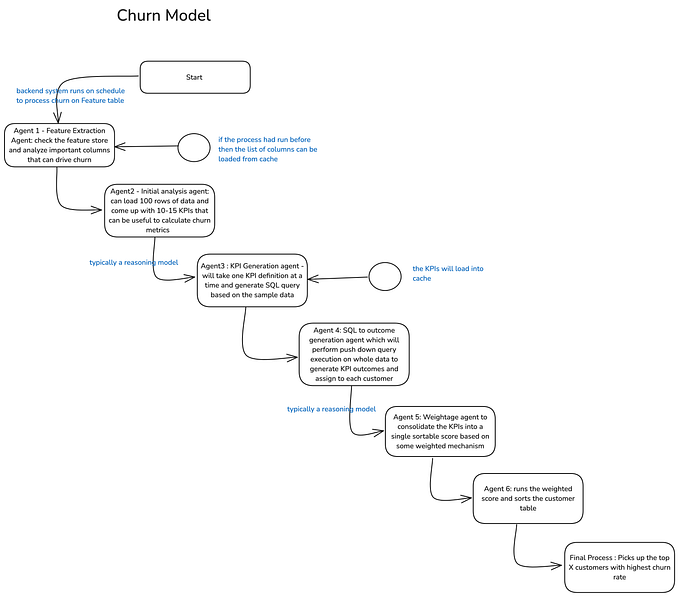Bard Enhances Logic & Math
Bard, the language model developed by OpenAI, is making significant strides in its logic and reasoning abilities. Through a novel technique called implicit code execution, Bard is now able to excel at mathematical tasks, coding questions, and string manipulation. Additionally, it offers a new export feature to Google Sheets, allowing users to directly transfer generated tables to spreadsheets.
The introduction of implicit code execution empowers Bard to detect computational prompts and execute code in the background. Consequently, it provides more accurate responses to queries involving mathematics, coding, and string manipulation. Whether it’s determining prime factors, calculating growth rates, or reversing words, Bard is now better equipped to tackle such challenges.
This enhancement in Bard’s capabilities stems from a combination of “System 1” and “System 2” thinking, inspired by the concept discussed in Daniel Kahneman’s book, “Thinking, Fast and Slow.” Large language models like Bard predominantly operate under System 1 thinking, enabling rapid text generation without deep reflection. However, such an approach falls short when it comes to reasoning and mathematical problem-solving, which require System 2 thinking.
To bridge this gap, OpenAI has developed a method that allows Bard to generate and execute code, harnessing the power of both LLMs (System 1) and traditional computation (System 2). By identifying prompts that benefit from logical code, Bard writes and executes code “under the hood” to generate more accurate responses. Internal challenge datasets have already shown a 30% improvement in Bard’s accuracy in computation-based word and math problems with this approach.
It’s important to note that while Bard’s responses have improved, they are not infallible. There may be instances where Bard doesn’t generate code, generates incorrect code, or doesn’t include the executed code in its response. Nevertheless, this update marks a significant advancement towards making Bard more adept at providing structured, logic-driven assistance.
OpenAI continues to refine Bard’s abilities, and users can expect further improvements in the future. By combining the strengths of language models and traditional code execution, Bard is steadily becoming an even more valuable tool for various problem-solving tasks.









